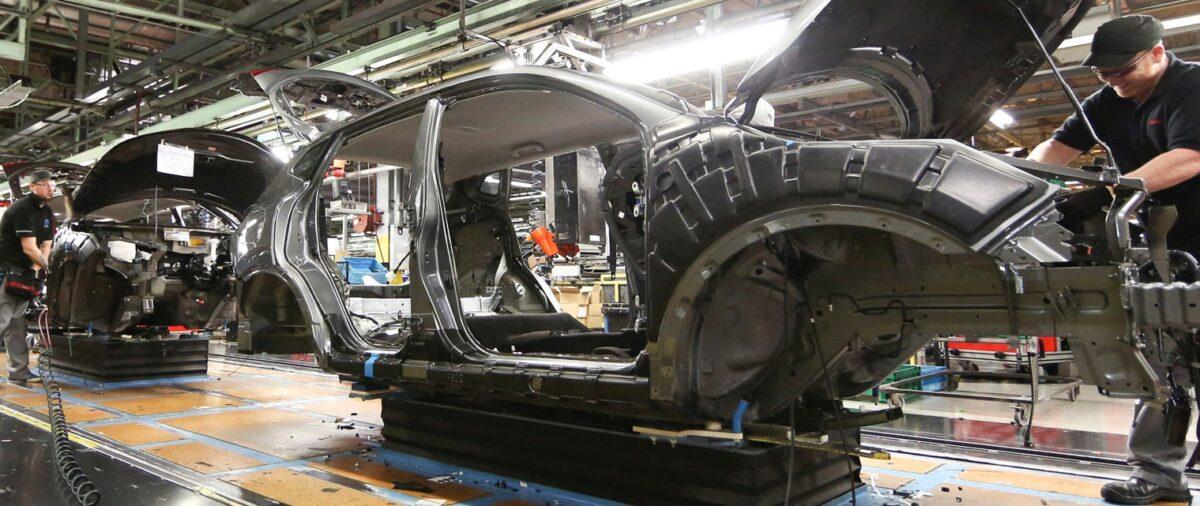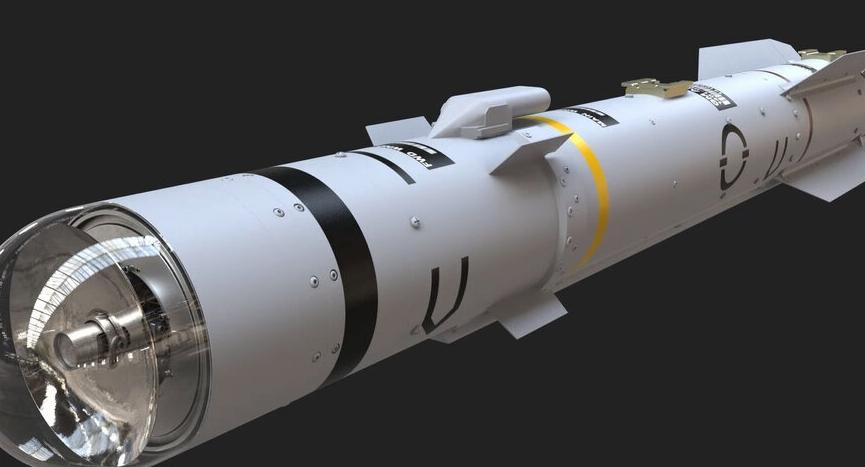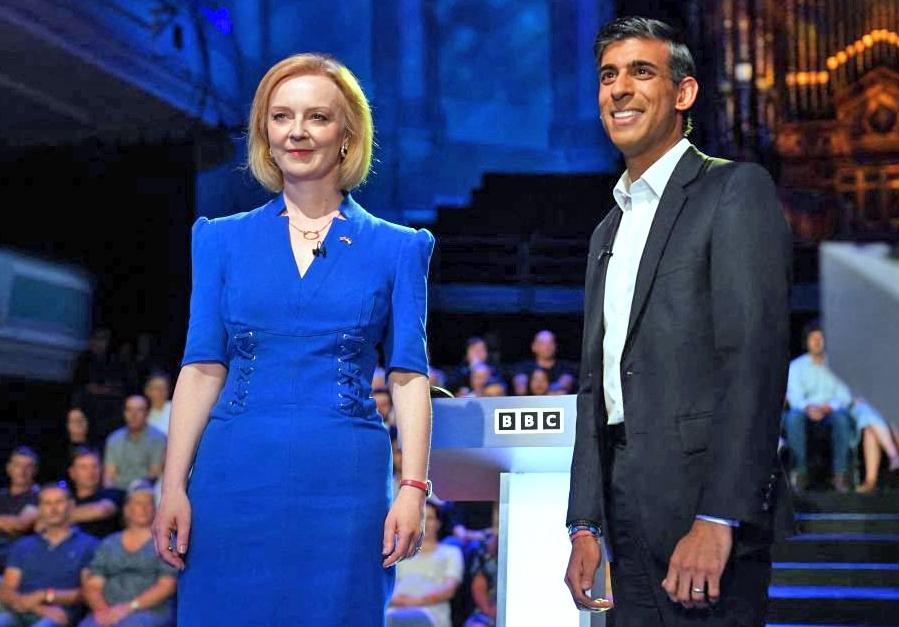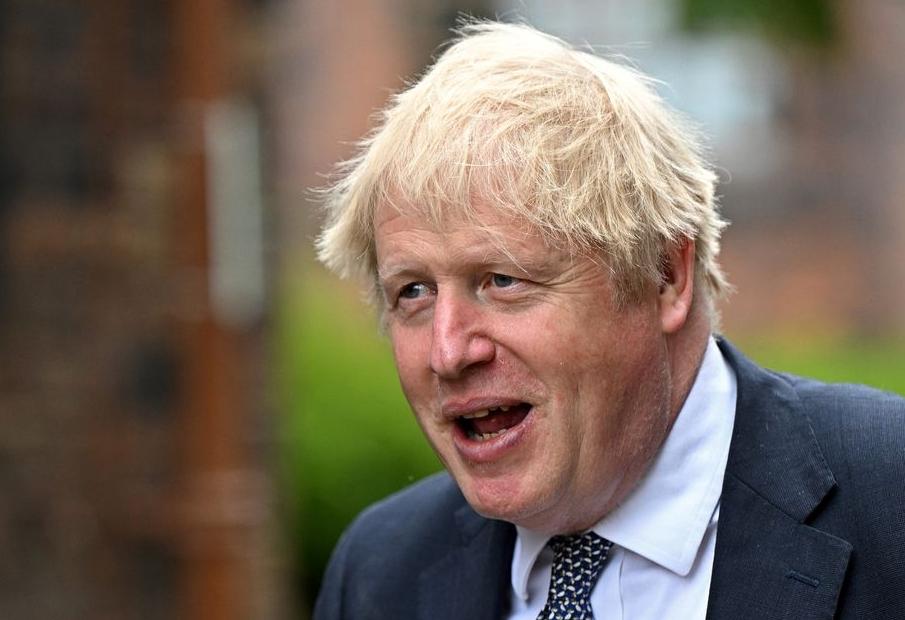Britain’s Rolls-Royce Group plc, maker of engines and other equipment for the aviation, marine and defence industries, has announced that Anita Frew will become the new chairman of the board from 1 October 2021. Ms Frew, who will become the first woman to head the Rolls-Royce Group board, will succeed the now 70-year-old Sir Ian Davies, who is retiring.
Mrs Frew now heads the board of Croda plc, a maker of chemical additives for various industries, including pharmaceuticals, household chemicals, cosmetics, crop protection products and the like. She is also a non-executive director of BHP Group. According to a Rolls-Royce Group statement, “Anita is the unanimous and obvious choice of the nomination committee and her nomination has been warmly supported by the entire board.” Ms Frew will take up her duties at Rolls-Royce on 1 July. Her main task is expected to be to rebuild the company after a pandemic in which it lost a significant amount of revenue due to lower demand for aircraft, aircraft parts and engine maintenance and repair services.
Rolls-Royce chairman Anita Frew will take over as chairman from 1 October, making her the first woman to head the British aircraft engine company. This was reported by Reuters on Wednesday, citing a Rolls-Royce statement.
According to its information, Frew will succeed Ian Davies, who is retiring after nine years in the said position. “The company conducted a comprehensive search and Anita proved to be the optimal candidate,” a Rolls-Royce statement quoted Reuters as saying. It specifies that Frew will join the board on 1 July.
The crisis situation due to the coronavirus pandemic has led to a sharp drop in production at Rolls-Royce facilities. Earlier, the company announced the first suspension of its aircraft engine manufacturing facilities in its history as a result of the decline in global airline traffic. Rolls-Royce last October reported record losses in the first half of 2020 of 5.4 billion pounds (over $7.4 billion) before taxes.
The company also plans to cut at least nine thousand jobs worldwide, more than 15% of its workforce, to adapt to the new realities of the post-pandemic aviation market and save £1.3 billion ($1.8 billion) annually.






